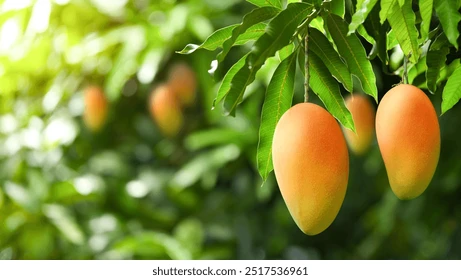When we think of conservation, we often picture forests, wildlife, and protected parks. But in communities across Africa, fruit-bearing trees are emerging as one of the smartest, most sustainable tools for environmental and social transformation.
At Primate Girls Go Green Foundation Ltd, we plant fruit trees not just to fight climate change — but to feed families, empower girls, and build greener, healthier communities.

One Tree, Many Benefits
Unlike traditional trees, fruit trees serve both people and the planet. When planted in schools, homes, and communities, they offer:
- Food: Fresh fruits like mangoes, oranges, and avocados fight malnutrition
- Income: Families can sell surplus produce at local markets
- Climate impact: Trees absorb carbon and improve local ecosystems
- Soil protection: Their roots reduce erosion and restore fertility
- Shade and cooling: They lower temperatures in rural and urban areas
This makes fruit trees a double win for conservation and survival.
Why Girls Are Planting Them
Girls and young women are stepping up as eco-leaders in Uganda. Through our programs, they:
- Learn how to plant and care for trees
- Understand the link between the environment, health, and development
- Share this knowledge with their peers and families
- Take pride in contributing to climate solutions
“Every tree I plant gives me purpose,” says Maria, a 17-year-old from Kayunga. “It’s food for my home, and hope for my future.”
A Scalable, Sustainable Solution
Fruit trees are affordable, locally available, and easy to grow with the right training. They thrive in schools, along roads, on farms, and even in home gardens. Over time, they become:
- A local food source
- A climate buffer
- A teaching tool
- A symbol of sustainability
Unlike short-term interventions, fruit trees keep giving year after year — making them a long-term investment in environmental and human well-being.
Join the Green Revolution
Planting fruit trees isn’t just conservation. It’s a movement.
By supporting organizations like ours, you’re helping:
- Girls grow as leaders
- Communities become more self-reliant
- Uganda become greener, stronger, and more food-secure
